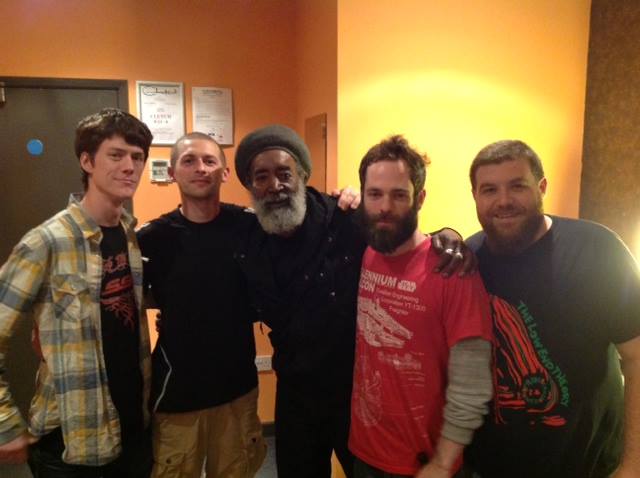
lionize [lahy-uh-nahyz] ExamplesWord Origin verb (used with object), li·on·ized, li·on·iz·ing.
- to treat (a person) as a celebrity: to lionize the visiting poet.
- British. to visit or exhibit the objects of interest of (a place).
verb (used without object), li·on·ized, li·on·iz·ing.
- to pursue celebrities or seek their company.
- British. to visit the objects of interest of a place.
Also especially British, li·on·ise. Origin of lionize First recorded in 1800–10; lion + -ize Related formsli·on·i·za·tion, nounli·on·iz·er, nounun·li·on·ized, adjective Examples from the Web for lionise Historical Examples of lionise
They tried to lionise me in drawing rooms and make me talk for their entertainment.
Arthur J. Rees
I had only met her once before, but she took it into her head to lionise me.
Oscar Wilde
He goes very little into society and no one possibly could lionise him.
Gertrude Franklin Horn Atherton
Fashionable London was never able to ‘lionise’ Bohemian Borrow.
Walter M. Gallichan
She was in London again in 1851, and was dismayed by the attempts to lionise her.
The World’s Greatest Books, Vol IX.
Edited by Arthur Mee and J.A. Hammerton
British Dictionary definitions for lionise lionize lionise verb
- (tr) to treat as or make into a celebrity
Derived Formslionization or lionisation, nounlionizer or lioniser, noun Word Origin and History for lionise lionize v.
“to treat (someone) as a celebrity,” a hybrid from lion + -ize. Used by Scott, 1809, and preserving lion in the sense of “person of note who is much sought-after” (1715), originally in reference to the lions formerly kept in the Tower of London (referred to from late 16c.), objects of general curiosity that every visitor in town was taken to see. Related: Lionized; lionizing.
 Liberal Dictionary English Dictionary
Liberal Dictionary English Dictionary